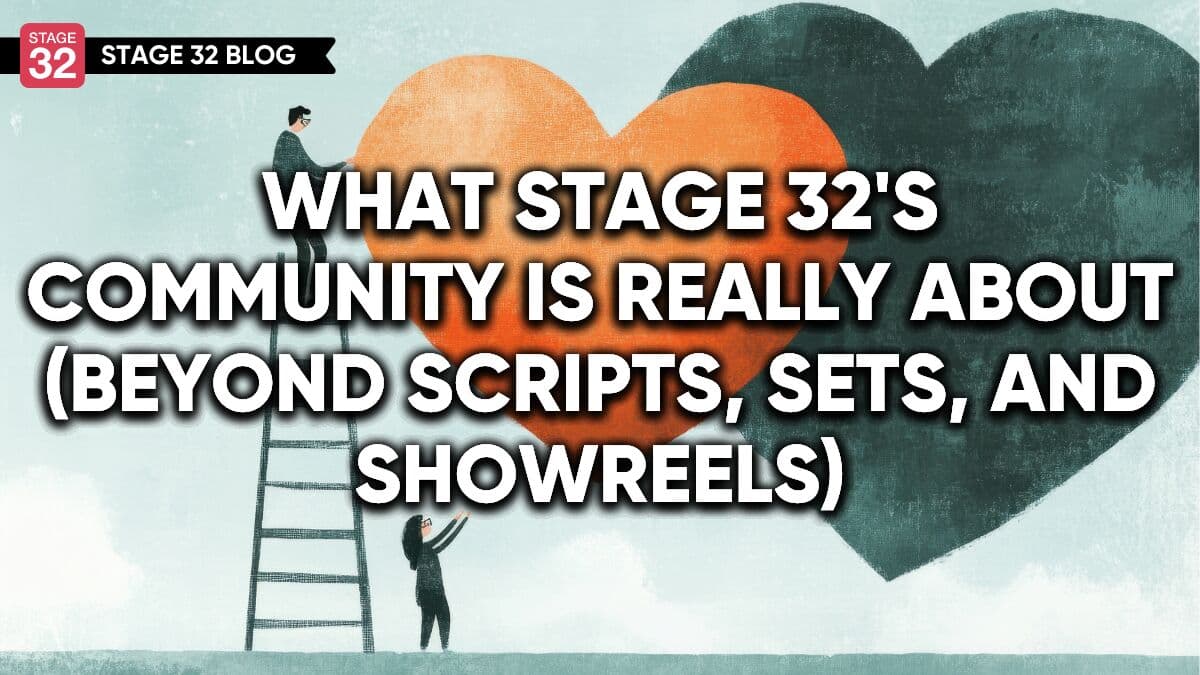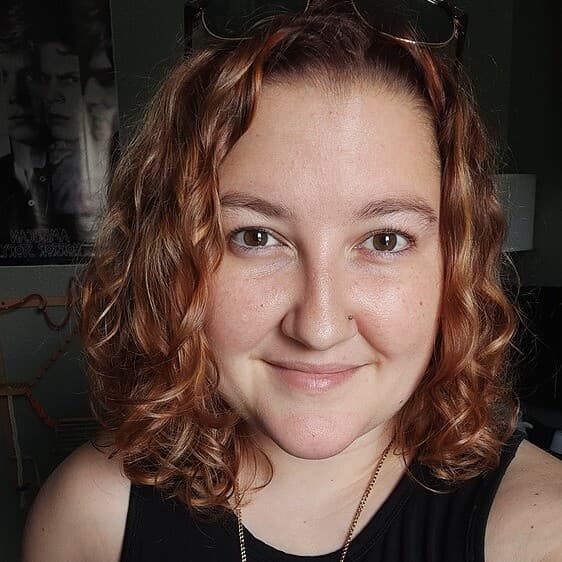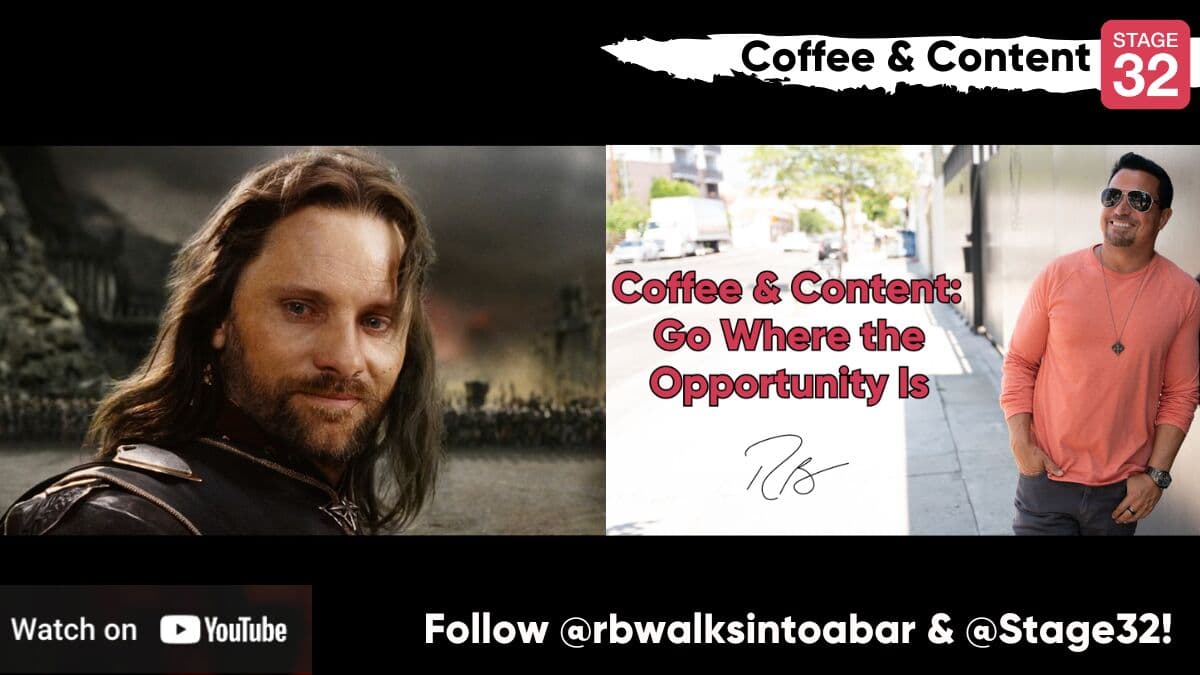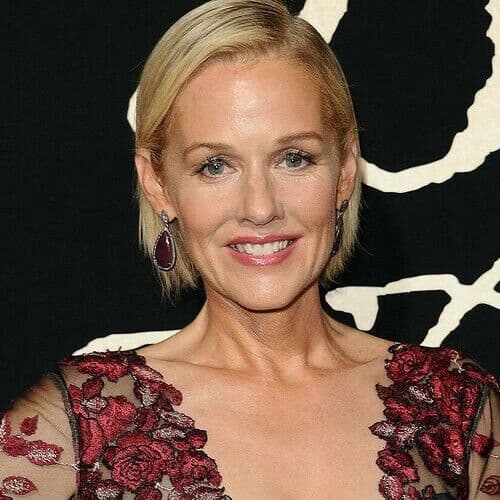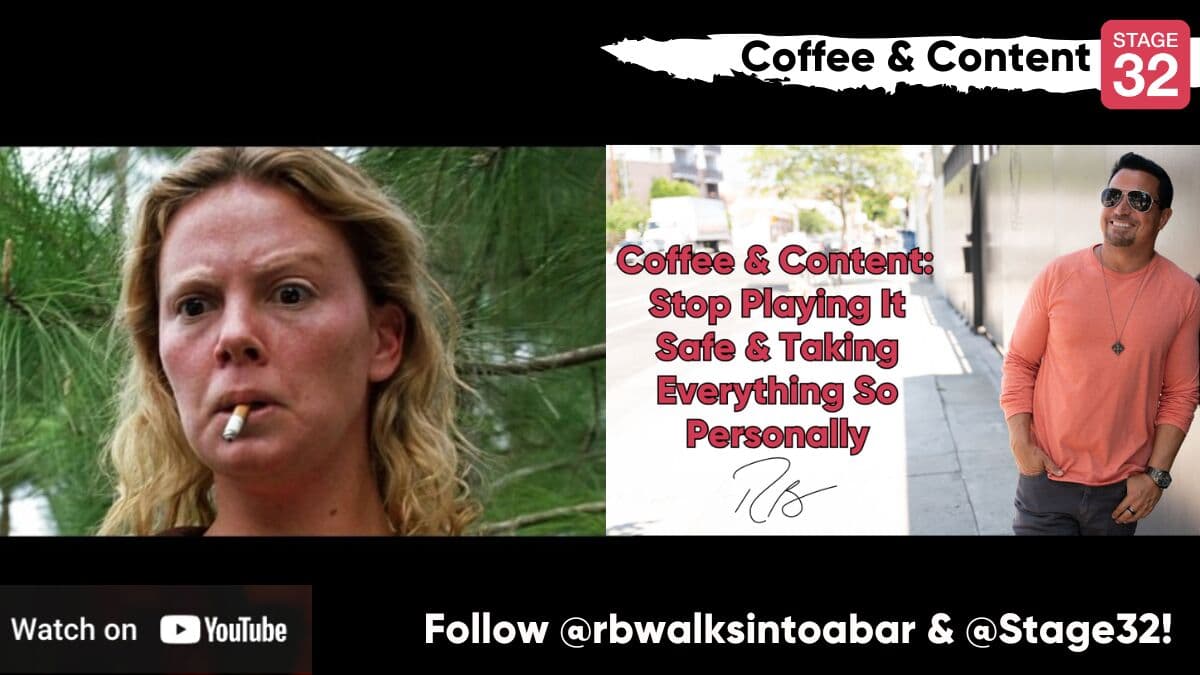5 Ways To Calculate and Track Your Artistic Progress

5 Ways To Calculate and Track Your Artistic Progress

We flock to the entertainment industry for feelings. Whether we're creating it or consuming it, emotions drive us there. We are full of creativity and expression - and I love it.
Feelings are our fuel. Call it passion, a need to inspire others, a desire to uplift, a yearning to connect, or even to receive validation. We are following or looking for a feeling when we act, write, direct, or go to the movies. And we rely heavily on our gut. It can dictate how to react in a scene, which word to write next, or which person to cast in a role. My last blog post (The Power of Silence) was about finding and following your inner voice. Gotta respect those feelings!
However, in our industry, there are unpredictable highs and lows. Good years and bad. And no one seems to understand exactly how it works. We end up shrugging our shoulders and saying, "Ah, that's just show business, don't take it personally."
But how do we not take it personally? How do we suddenly stop these feelings and become stoic in the moment of rejection? How do we find our center and stay balanced? How do we find ways to understand and measure our growth and progress instead of just allowing our gut feelings to dictate our self-assessments?
"If you measure it, it will improve." - Seth Godin
As much as I love feelings, two years ago, I started tracking and measuring whatever artistic data points I could find using a few different tools and apps. Using my collected data, I was able to feel more balanced with greater mental stability and focus. The data has helped me understand where I've grown and where I need to improve.
Here are 5 Tools I've used to help me stay focused and on track.

1. Set Your Own Goals
Be the master of your own destiny. You decide what you want set forth and to accomplish.
I've used a blank piece of paper checking off my daily goals and an app called Strides. Using Strides, I measure submissions, auditions, callbacks, and bookings.
I also set writing goals, social media time limits, networking time, fitness goals, staying in touch with industry peers, and reading goals. I can set a goal for a daily number or a monthly goal.
What are your goals? Is it writing one page a day, creating three social media posts a week, memorizing one new scene or monologue every month, or making five new industry contacts?
Whatever it is. You create it, and you track it.
Here are a few apps and notebooks to get you started: Strides, Habit, Legend Planner, Habit Tracker.
2. Create An Accountability Group
For the past two years, I've shared my goals OUTLOUD with a group of girls. I emphasize the OUTLOUD because that is the most beneficial part of having a group of ears.
Saying your goals puts the words into motion and holds you accountable. Nothing is worse than having to tell your colleagues you didn't follow through on your actions.
Try to Facetime weekly or monthly and keep a text chain active. Read a little more about my goal-setting group in my recent blog post (The 4 P’s). And (spoiler alert) my next blog post will be A How-To on building a successful Accountability Group.

3. Health Trackers
While this seems tangential, monitor your health. I use Whoop to monitor my rest and recovery. The data helps me know when to push myself and when to take it easy.
We are all self-starters and entrepreneurs on our own timetables, so time management is crucial. How do you know if you've pushed yourself too hard and need extra sleep? Maybe that minor breakdown wasn't because you didn't get the part but because you're burnt out?
Isn't it nice knowing you need a good night's rest instead of wasting a few hours (or days) in a downward spiral?
Using Whoop, I track behaviors and find patterns that help me feel better and be more productive. And ironically enough, getting more sleep has helped me be more effective during my waking hours.
4. Social Media Metrics
Knowing how to read your social media analytics can help you understand your audience. Basic follows, engagement, and views.
Switch to a professional account, use the tools, and learn about your audience. My favorite place to learn about social media is It's Modern Millie. She has her finger on the pulse of all things social media. Her videos are informative and can help you learn everything you need to know about what is trending and how to incorporate data feedback.
Try not to get caught up in Vanity Metrics (metrics that make you look good to others but do not help you understand your own performance in a way that informs future strategies) but try to use the numbers in ways that are valuable to your own creative and artistic goals.

5. Star Meter
Like social media, this can be a double-edged sword. Some people obsess over it, and some people think it's unimportant. But it is data. Love it or hate it, it is a number calculated by views and interest. Keep an eye on it. Since using Tools 1-4, I've noticed an increase in my IMDb Star Meter and know it's correlated to a commitment to my personal goals.
With these numbers, you can start tracking your progress instead of relying on "gut feelings." I hope that by measuring, you can feel less moody and more empowered.
Thank you for reading, and please let me know if there are any other tools I missed!
Best,
Ava
Links to Resources mentioned in this article:
About the Author

Ava Paloma
Actor, Producer, Screenwriter
Actress and producer Ava Paloma brings extensive, varied industry experience to her creative career in film, television, and theatre. She is known for her intuitive ability to read a room and see the bigger picture, composure under pressure, and solution-oriented, positive energy while being part of...
